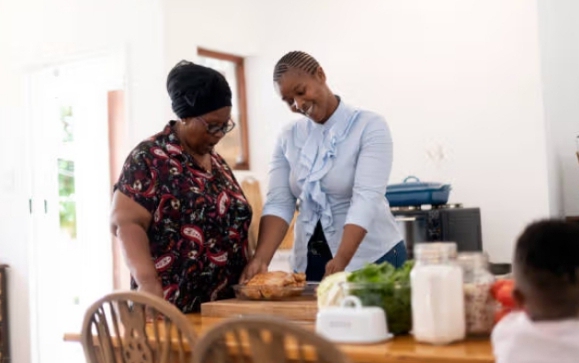Meeting your future in-laws for the first time can be a daunting experience, filled with anticipation and the desire to make a positive impression. Here are five key etiquette mistakes to steer clear of during your inaugural visit:
1. Arriving Empty-Handed:
It’s customary and polite to bring a small gift when visiting someone’s home for the first time, including your future in-laws. While the gift doesn’t need to be extravagant, a thoughtful gesture such as a food or fruit hamper demonstrates appreciation for their hospitality without appearing overly lavish.
2. Talking Too Much:
Strike a balance between engaging in conversation and actively listening. Avoid dominating discussions or expressing controversial opinions that could potentially create tension. Instead, show genuine interest in your in-laws’ lives, hobbies, and interests, allowing them to lead the conversation while you attentively participate.
3. Refusing to Assist with Chores:
While it’s courteous to offer help with household tasks, refrain from intruding or insisting on taking over. Subtly inquire beforehand if there’s anything you can assist with, but graciously accept their response, whether they accept or decline your offer.
4. Dressing Inappropriately:
Your attire speaks volumes about your respect for the occasion and hosts. Opt for modest, culturally sensitive clothing that reflects the formality of the occasion. Avoid overly casual or revealing attire, ensuring that your outfit aligns with the dignity of the gathering.
5. Criticizing Customs or Traditions:
Embrace and respect the cultural practices of your future in-laws, even if they differ from your own. Avoid being overly critical or dismissive of their customs, as this can cause offense and strain relationships. Instead, demonstrate openness and willingness to participate respectfully in their traditions, fostering mutual understanding and harmony.
By steering clear of these etiquette pitfalls, you can navigate your first meeting with your in-laws smoothly and establish a positive foundation for future interactions and relationships.




